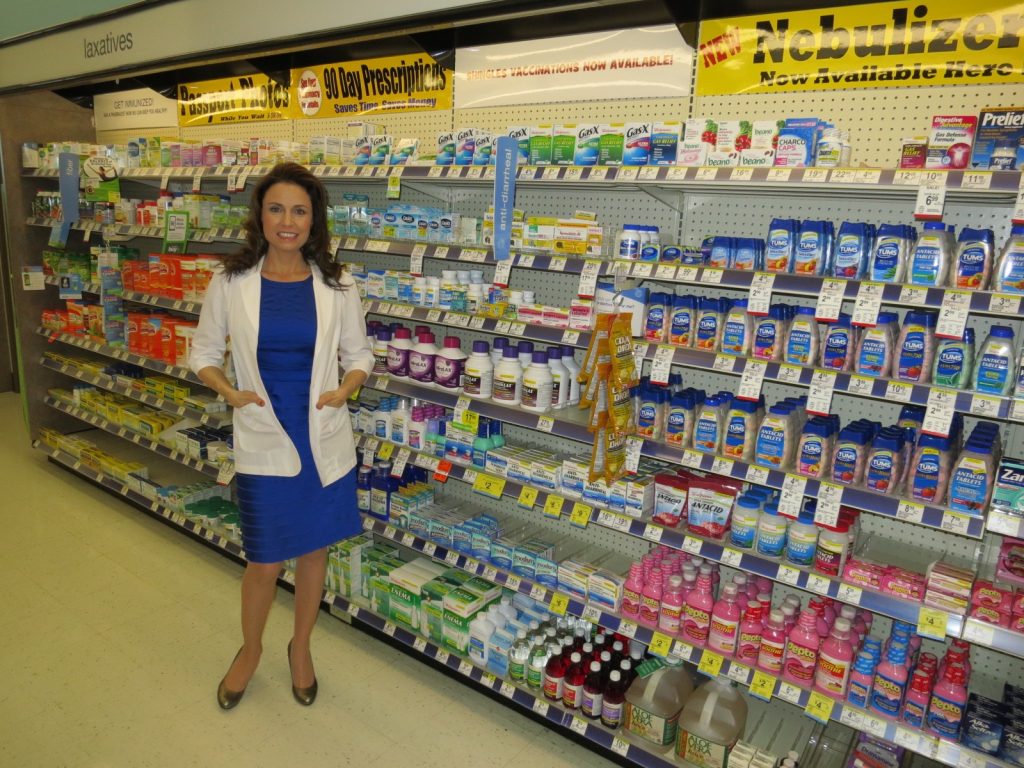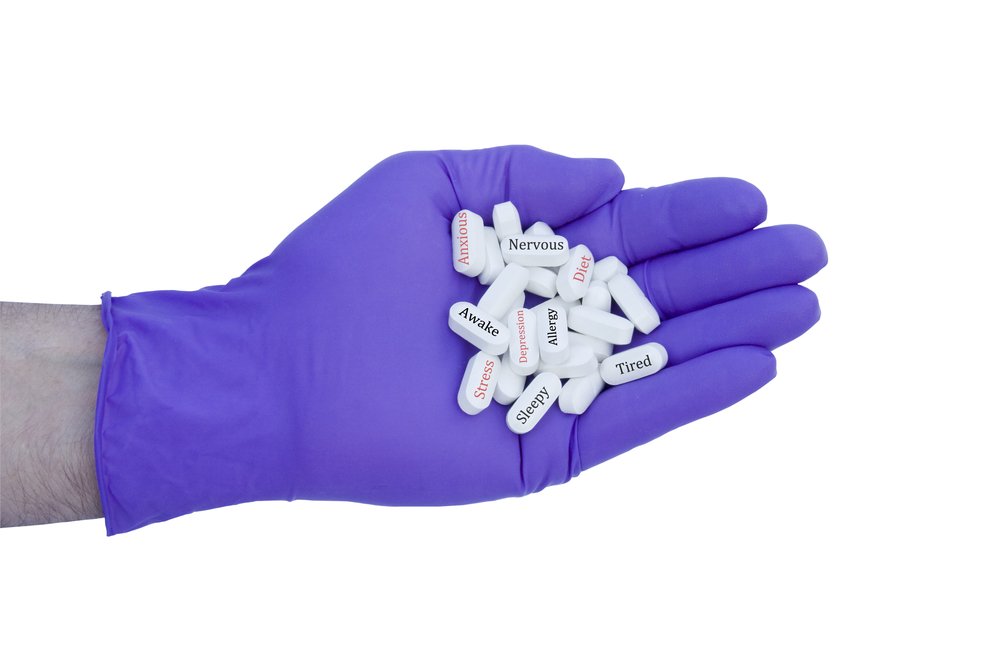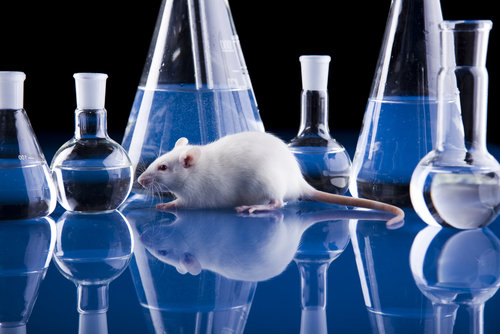This article was also published in newspapers nationwide. I have archived it here because it is a favorite.
Dear Pharmacist,
While I enjoy your columns and the wealth of information you give the public, I detect a bit of an anti-drug attitude. I find that ironic since it is drugs that support your business of pharmacy. As a retired physician, I know we need our medications and I don’t understand why a pharmacist is so averse to them.
~L.S., Long Island, N.Y.
Answer: I’m not averse. I just want to be sure they’re taken correctly, in proper dosages, for adequate indications, when nothing else works, in combination with other therapeutic modalities, for a reasonable length of time… assuming no intolerable side effects develop!

There, I feel better for having clarified myself. 😂
Many people take prescription medicine they don’t even need and sometimes it makes them feel sicker.
For instance, some people are on antidepressants for years when they are simply deficient in nutrients like B12 or folic acid, or they have low thyroid (hypothyroidism) or deficient adrenal hormones from years of stress.
The problem as I see it is some people are given drugs to mask the side effects of other drugs, and this builds like a staircase — for example, they take acid reducers to relieve heartburn caused by an arthritis medication. They take memory pills for Alzheimer’s for side effects that are caused by cholesterol drugs. And it goes on and on.
Prescription usage is on the rise, according to the advocacy group Families USA. In the early 90’s, Americans took, on average 19 different medications annually. That number is projected to nearly double by 2010. Do you see anything wrong with this picture? With all our drugs, surgeries and procedures, and our state-of-the-art- art healthcare system, we are sicker and heavier than ever!

Most consumers are under the impression that the medications they take are relatively safe. Relative to what? Why should the public be alarmed when there are thousands of drugs on the market and only a few get recalled?
It’s a good question. Commercials portray drugs as something to ask your doctor for, and tend to speed through the adverse effects.
Is it up to the pharmacist to help a patient understand the risks and benefits? Yes, and it is mainly up to the doctor who is the one prescribing the drug in the first place.
What about the Food & Drug Administration? Doesn’t the FDA protect consumers and don’t they approve medication only after years of intensive clinical studies? Nope. The FDA receives funds from pharmaceuticals, not taxpayers. They don’t work for you, they work for others. That isn’t to say they are doing anything bad, but certainly, priorities can get mixed up and like any job, their loyalties are to those who pay their salary.
Some drugs are fast-track approved after only a few months of human clinical trials. People buy these “new and improved” drugs, and then more clinical studies take place after the fact, on the public itself. [We saw this with the c*vid vaccines that were quickly pushed through before all the data came in.] Published data and clever TV advertising may paint a new product as a dream drug when in reality it could become your worst nightmare. You don’t know until you take it.
Feeling like a lab rat yet?

I’m a consumer advocate, working to keep the public safe on their medications and teach them about natural options. Pharmacists are not licensed to push pills for the pharmacy retailers. We’re not paid by the FDA, or the pharmaceutical companies.
We, as healthcare professional pharmacists, are licensed and proud to be the #1 trusted source of accurate drug information in America. It’s our duty to provide people with the honest and precise information they need about their medications.
In my perspective, people seek more knowledge about their prescriptions, and I’m committed to delivering that information without hesitation. That doesn’t make me anti-drug. It reflects my dedication to ensuring you have the facts you need to make informed decisions about your health.😉
Did you know? Attention, cold sufferers: A little zinc and some vitamin C will go a long way to shorten the duration of your misery.
print

Suzy Cohen, has been a licensed pharmacist for over 30 years and believes the best approach to chronic illness is a combination of natural medicine and conventional. She founded her own dietary supplement company specializing in custom-formulas, some of which have patents. With a special focus on functional medicine, thyroid health and drug nutrient depletion, Suzy is the author of several related books including Thyroid Healthy, Drug Muggers, Diabetes Without Drugs, and a nationally syndicated column.
